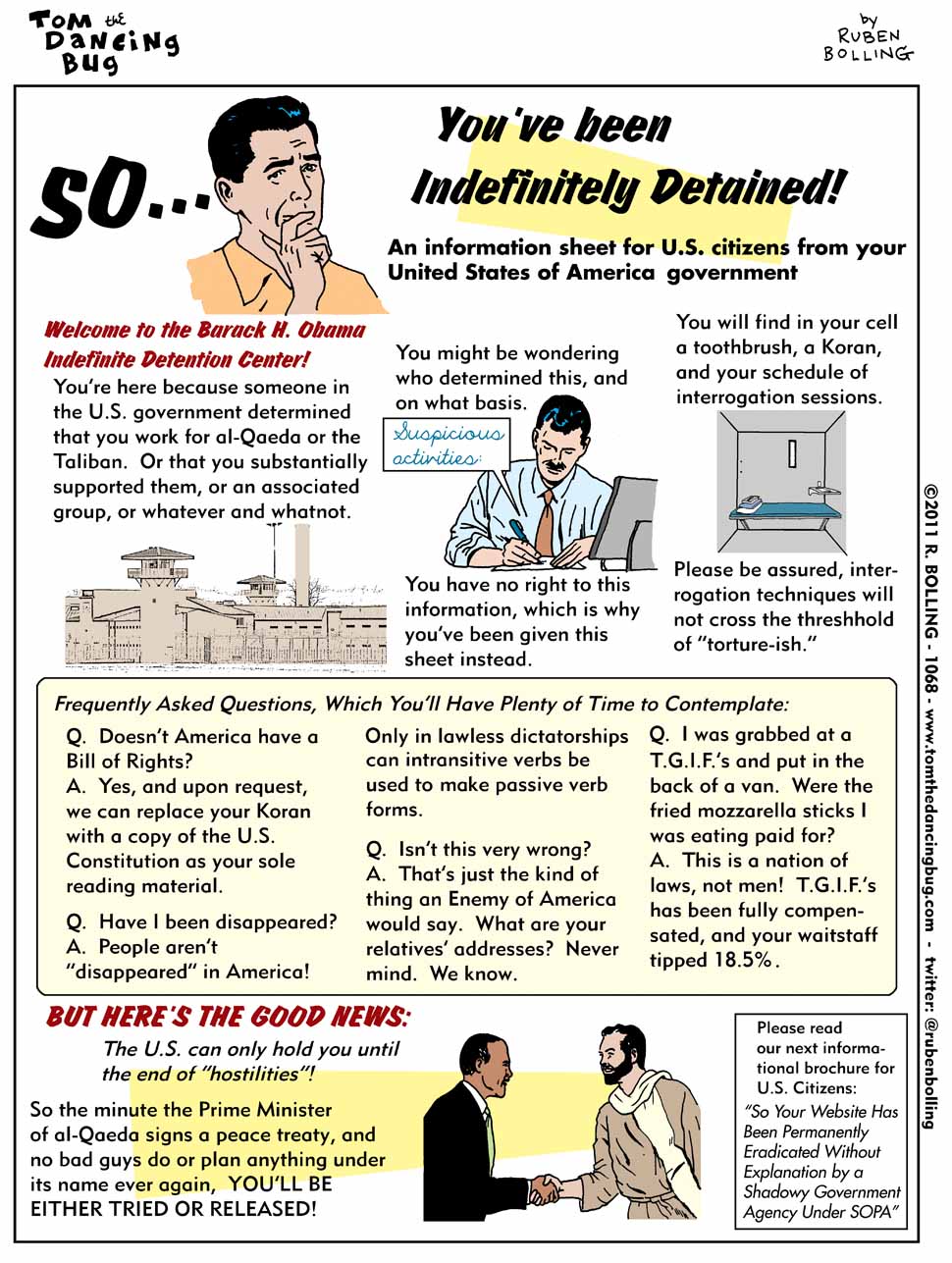Richard D. Wolff: Europe’s Debt Crisis Deepens
Nation of Change has the article Europe’s Debt Crisis Deepens.
Talking about “the markets” who are pushing austerity programs on governments that are in debt, Wolff says:
The chief influences among those creditors are the major banks that represent and/or advise all or most of the rest of them. The major European banks were and are the chief recipients of the costly bailouts by those European governments since 2008. Indeed, those bailouts sharply increased the indebtedness of European governments because the latter paid for those bailouts by borrowing.
As far as I can tell, unless I just missed it, Wolff does not suggest any solutions to the problem.
If the indebtedness of European governments’ was sharply increased by the bailouts of the banks, does that not imply that the banks owe these governments the money that the governments are in debt? Would you not think that the governments have some pressure they could exert back on the banks?
Two comments on the story suggest that nationalization of banks might be a solution. You would think that even the threat of nationalization might drive banks to the negotiating table. If you don’t like nationalization, how about the governments demand their money back from the banks so that the government could go into competition with the banks as sources for liquidity in the “free” market? Then the private banks could disappear into oblivion and nobody would care (except for the bank executives and the bank investors.) The people who caused the problem would suffer the consequences, and the rest of us could just go about our business.
I wonder why Richard D. Wolff didn’t delve into or even hint at these questions and possible answers?
